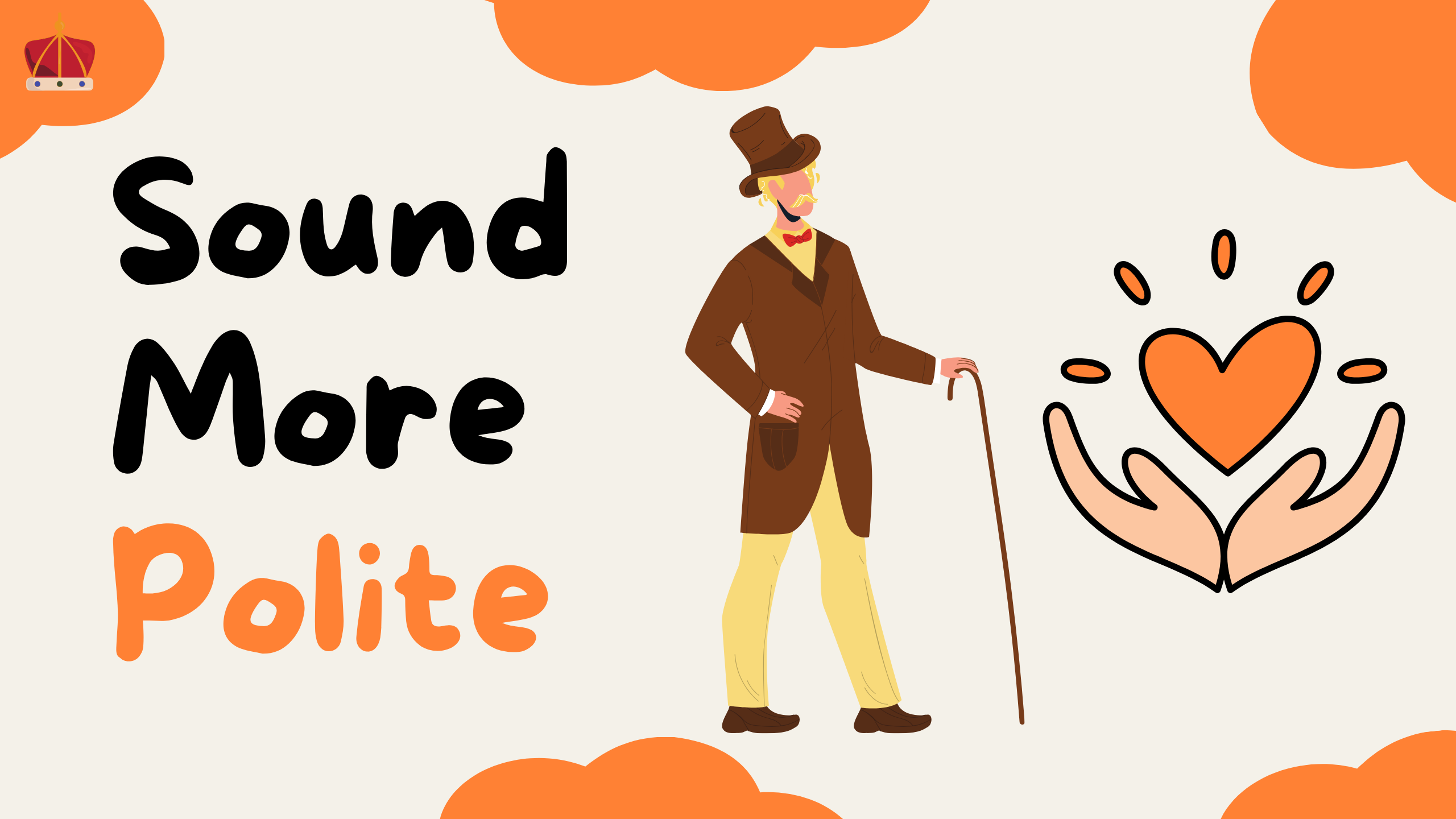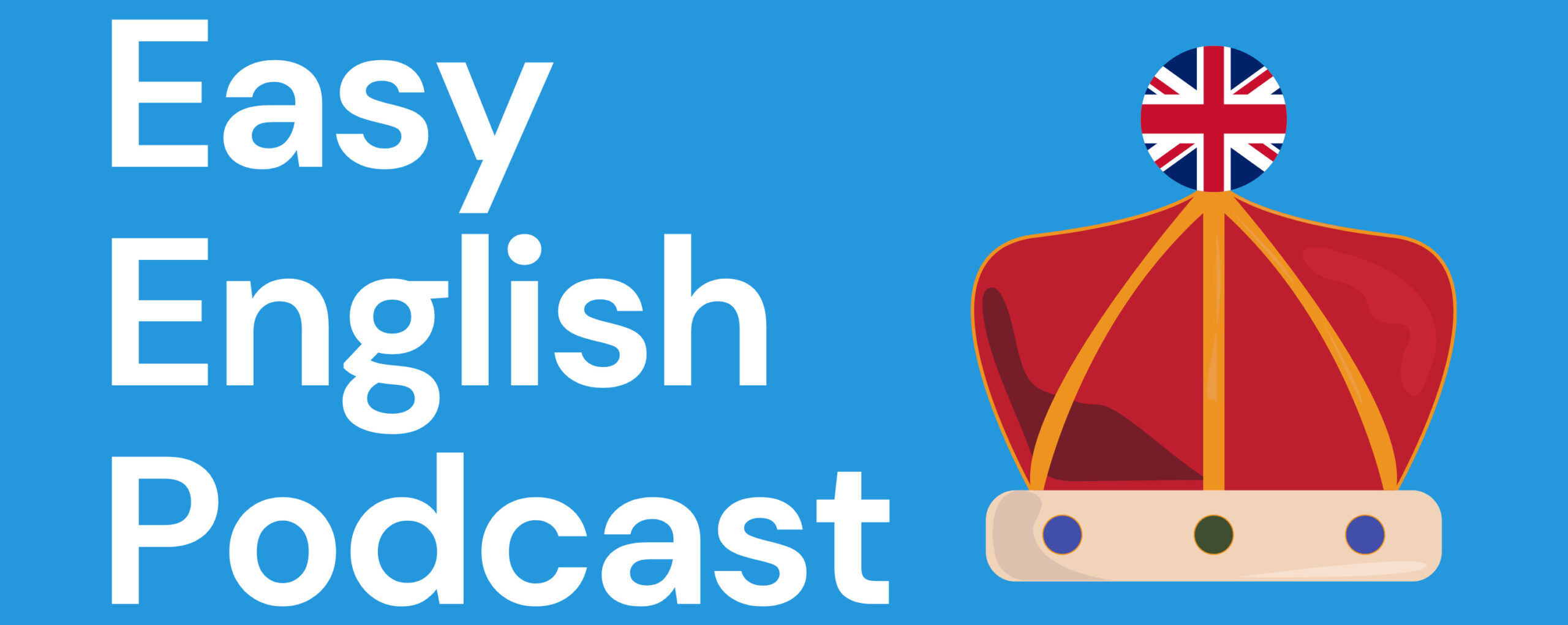
How to Sound More Polite in English: Essential Tips for English Learners
Hello, my friends, and welcome back to the Easy English blog! Today, I want to talk about something incredibly useful when studying English—how to sound more polite. This is an important skill because politeness is a key part of communication in many English-speaking countries, especially in the UK, Canada, and the US.
Even if your English is very good, you might sometimes sound too direct or even slightly rude without meaning to. This is often due to translation differences and cultural norms. So today, I’ll share some key phrases, small language changes, and cultural tips to help you sound more polite and natural in English.
The Three Magic Words: Could, Would, and May
A simple but effective trick to sounding more polite in English is using softer words instead of direct ones.
Example:
❌ Give me a coffee. (This sounds very demanding.) ✅ Could I have a coffee, please? or May I have a coffee, please? (This sounds much friendlier.)
Even if you don’t use “please,” replacing “give” with “could” or “may” instantly makes your request sound more polite. Similarly, using would instead of want softens your sentence:
❌ I want to talk to you. ✅ I would like to talk to you.
This small change makes a big difference in how friendly and natural you sound in English conversations.
Always Add ‘Please’ and ‘Thank You’
We all know “please” and “thank you” are polite words, but in English, they are essential—even in casual conversations. Unlike some other languages, English speakers use these phrases frequently, even with family and close friends.
Example:
❌ Send me the file. ✅ Could you send me the file, please?
Similarly, always remember to say “thank you” after someone helps you. You can also use variations like:
- I appreciate it.
- Thanks a lot!
- Cheers! (Informal but friendly)
Softening Requests with Extra Words
English speakers often soften requests by adding extra words. While this may seem unnecessary, it makes sentences sound more polite and natural.
Example:
❌ Come over here. ✅ Would you mind coming over here for a second?
Although the second sentence is longer, it feels less direct and more polite.
How to Politely Say No
Saying “no” directly in English can sometimes sound harsh. Instead, try using softer alternatives:
❌ No, I can’t. ✅ I’d love to, but I’m really busy. ✅ That’s really kind of you, but I’ll have to pass.
These responses sound more friendly while still declining the offer.
Ending Conversations Politely
When finishing a conversation, don’t just walk away or abruptly say “bye.” Instead, use a polite closing phrase:
- It was great talking to you!
- I really enjoyed this conversation.
- I have to get going now, but I hope you have a great day!
This small effort leaves a good impression and makes interactions smoother.
Final Thoughts
These are just a few simple ways to sound more polite in English. While it might seem like a lot at first, with practice, these phrases will become natural.
If you found this helpful, let me know in the comments! Also, if you’d like access to podcast transcripts, extra lessons, and exclusive content, consider supporting my Patreon.
Thank you so much for reading, and I hope you have an amazing day! 😊

